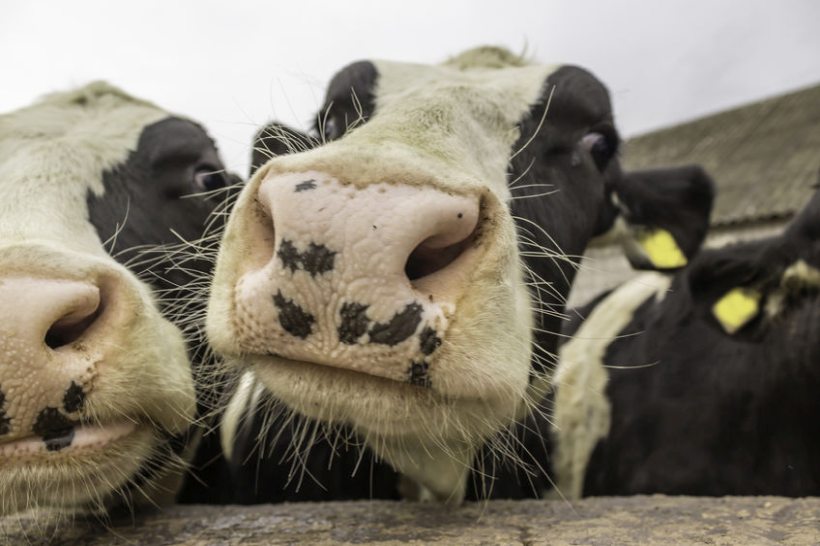Vegan firm Oatly slammed for 'seriously misusing statistics'

Vegan brand Oatly has been accused of 'seriously misusing statistics' after it claimed the dairy and meat industries emitted more CO2e than global transport.
Numerous farmers and industry groups have been fighting back against the Swedish plant-based drink manufacturer's extraordinary claim.
In the new adverts for the oat-based drink, a man is seen criticised by his own son for drinking cow’s milk.
Oatly posted a tweet with the advert, saying ‘the dairy and meat industries emit more CO2e than all the world’s planes, trains, cars boats etc combined’.
Now the Country Land and Business Association (CLA) has joined the chorus of criticism, slamming the marketing campaign for ‘misusing statistics’.
Government figures show that emissions from UK agriculture stand at 9% in total - with just 3.7% coming from cattle and sheep - compared to 27% from transport.
Mark Bridgeman, president of the CLA, which represents 30,000 rural firms, said 'pitching people against one another is deeply unhelpful'.
“We have no problem with oat drinks – and encourage manufacturers to support British farmers," he said, adding that the problem was with 'peddling misinformation and half-truths'.
“Emissions from British beef, for example, are 50% lower than the global average. Just 3.7% of the UK’s emissions come from cattle and sheep, a fraction that of the transport sector.
"So telling British consumers that their dairy and meat industries are somehow more damaging to the environment than transport is a serious misuse of statistics."
He said farmers and food brands needed to work together to improve sustainability, and urged Oatly to understand the measures by UK farmers to drive emissions down further still.
“There is a place for oat drinks on the market, but Oatly should concentrate on convincing consumers of the quality of their product rather than simply trying to put down the competition,” Mr Bridgeman said.








